QuestionHi, I have a five year old mare that is a barrel racer. But for the past year or so, she hasn't been going into the arena. I think this is from separation anxiety, because when my sister's horse goes in, she jumps into the arena and follows him. At first I thought it was because she hates barrels, but she runs so hard for me when were doing the pattern. So I'm wondering how can I get her to move away from my sister;s horse and to go into the arena alone? Thanks.
AnswerHi Marianne,
Sorry for not answering you earlier, but the summer means I am gone touring for many months.
I often work horses with this problem, and find the solution is quite simple. First, you need to be alone with the horse; no other horses around to smell, see or hear. Secondly, you will walk the horse in and out until she is quiet, even if that takes 4 hours. You need to set aside the time for this as you can't quit until she is tired of going back and forth.
If you know anything about groundwork, this is a good time to use those skills. Otherwise, you can find a great article on my blog about groundwork and foundation saddle work that will help you. Follow this link: http://aprilreeveshorsetraining.wordpress.com/2008/12/08/groundwork-saddle-work-...
Running the barrels well may not be a sign the horse likes the job. Often it's a sign that the horse is resigned to doing the job, and knows that the faster she gets the job done, the faster the reward is to stand around after. We often read human emotions into our horses, but they think and react from an entirely different set of instincts and priorities. Her refusal to enter the arena may be from doing too much of a single thing that may be unpleasant or even cause pain.
You can also do basic ring work with your sister's horse in the arena. Your horse needs to understand that you are the one herding her from the saddle, and that no matter what else happens she is under your control and must rely on you for safety and leadership.
In order to accomplish this, you need to be with your horse daily, doing everything from feeding, grooming and just hanging around, to riding, handling and groundwork.
While having the knowledge on know how to train is valuable, there is no replacement for consistent daily work to overcome problems. Take the time to work patiently and quietly with her and you will be rewarded with a great horse.
I hope the article helps you, and if you run into other problems, email me back.

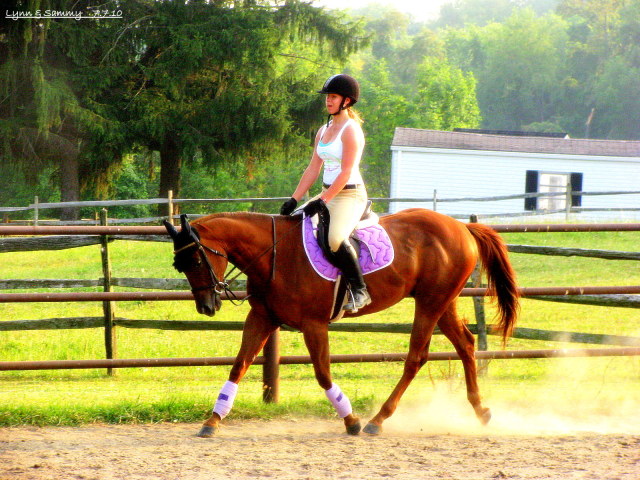 behavior problems
Question
troting sammy(:(:
i just bought a 5y/o chestnu
behavior problems
Question
troting sammy(:(:
i just bought a 5y/o chestnu
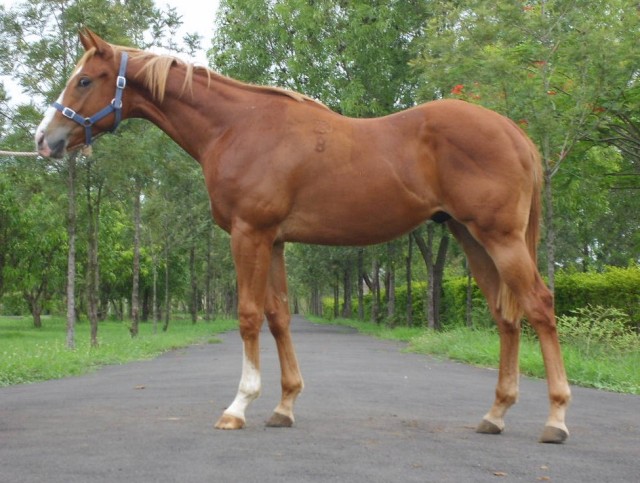 deep ribcage
Question
deep ribcage
hello maam, does this hors
deep ribcage
Question
deep ribcage
hello maam, does this hors
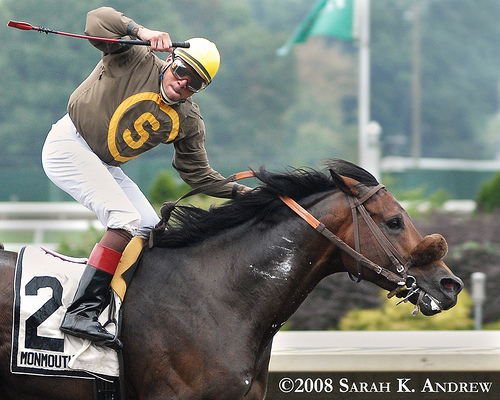 foamy sweat
Question
foamy sweat
hello maam, is this foamy s
foamy sweat
Question
foamy sweat
hello maam, is this foamy s
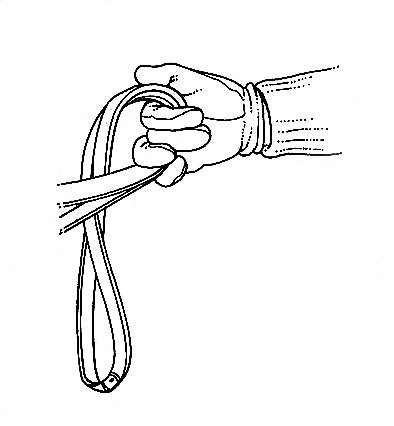 holding reins gently
Question
holding reins gently
hello, why shouldnt i hol
holding reins gently
Question
holding reins gently
hello, why shouldnt i hol
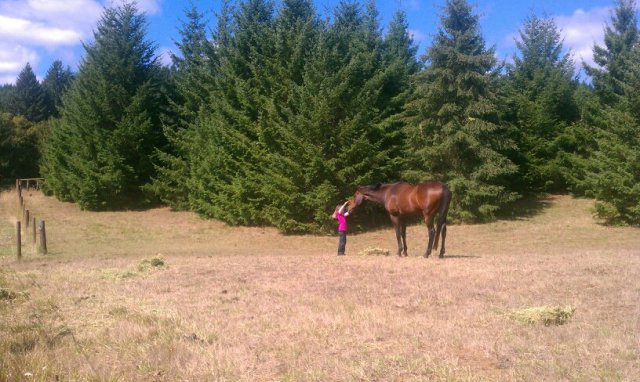 welsh 2yr old
QuestionHi there, was just reading a post about a lady
welsh 2yr old
QuestionHi there, was just reading a post about a lady